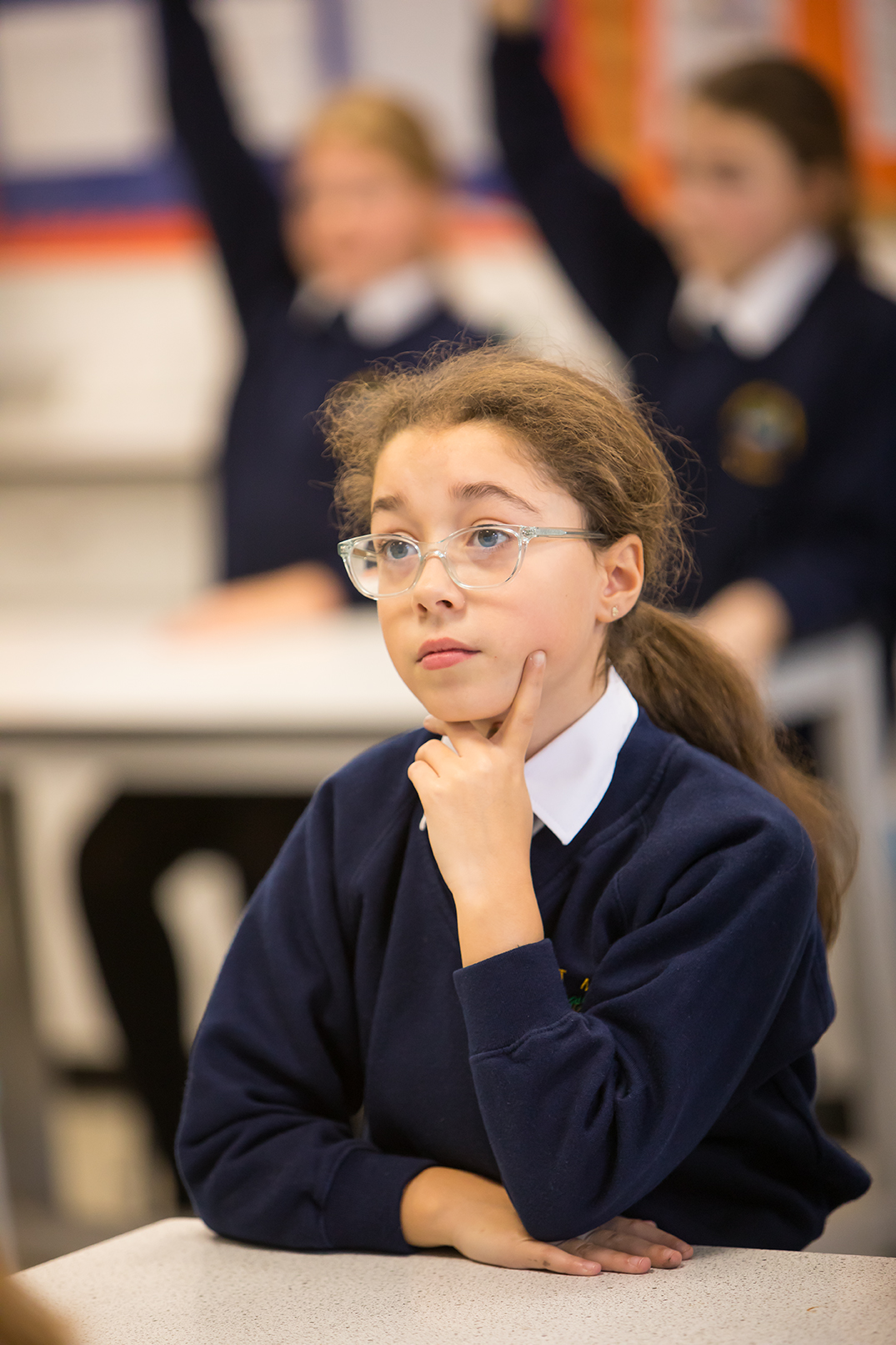Strategic Lead for Religious Education: Mrs A. Glencorse

"Believing and Belonging"
- Kirklees Agreed Syllabus 2024-2029
We have based our curriculum across our Middle Schools on the Kirklees Agreed Syllabus.
The syllabus is called ‘Believing and Belonging’ because it weaves two key threads. The first thread, believing, is about beliefs and values. It aims to develop learners’ understanding of religions and worldviews, exploring their commonality and diversity. The second thread of belonging aims to nurture pupils’ awareness of diverse beliefs and cultures.
RE plays a part in helping pupils discover their own place, identity and journey through life.
RE supports community cohesion and SMSC education, including fundamental British values. This is shown through opportunities for pupils to learn and celebrate festivals, charity work, Remembrance Day and national and international awareness days.

The Kirklees Agreed Syllabus is based around six ‘pathways’ through which the most important features of RE may be understood. The syllabus aims to develop a progressive understanding of the pathways and build on knowledge of religions and worldviews.
These are:
- The Nature of Religion and Belief
- Expressing Belief
- A Good Life
- Personal Journey
- Influence and Authority
- The Big Picture
.jpg)

Careers in this subject
- NHS
- Government advisor
- Schools, colleges and universities
- Financial and legal firms
- Charities
- Aid worker
- Social services and other caring professions
- Libraries
- Museums
- Television companies
- Journalism
- Member of the Clergy
- Counselling or advice work